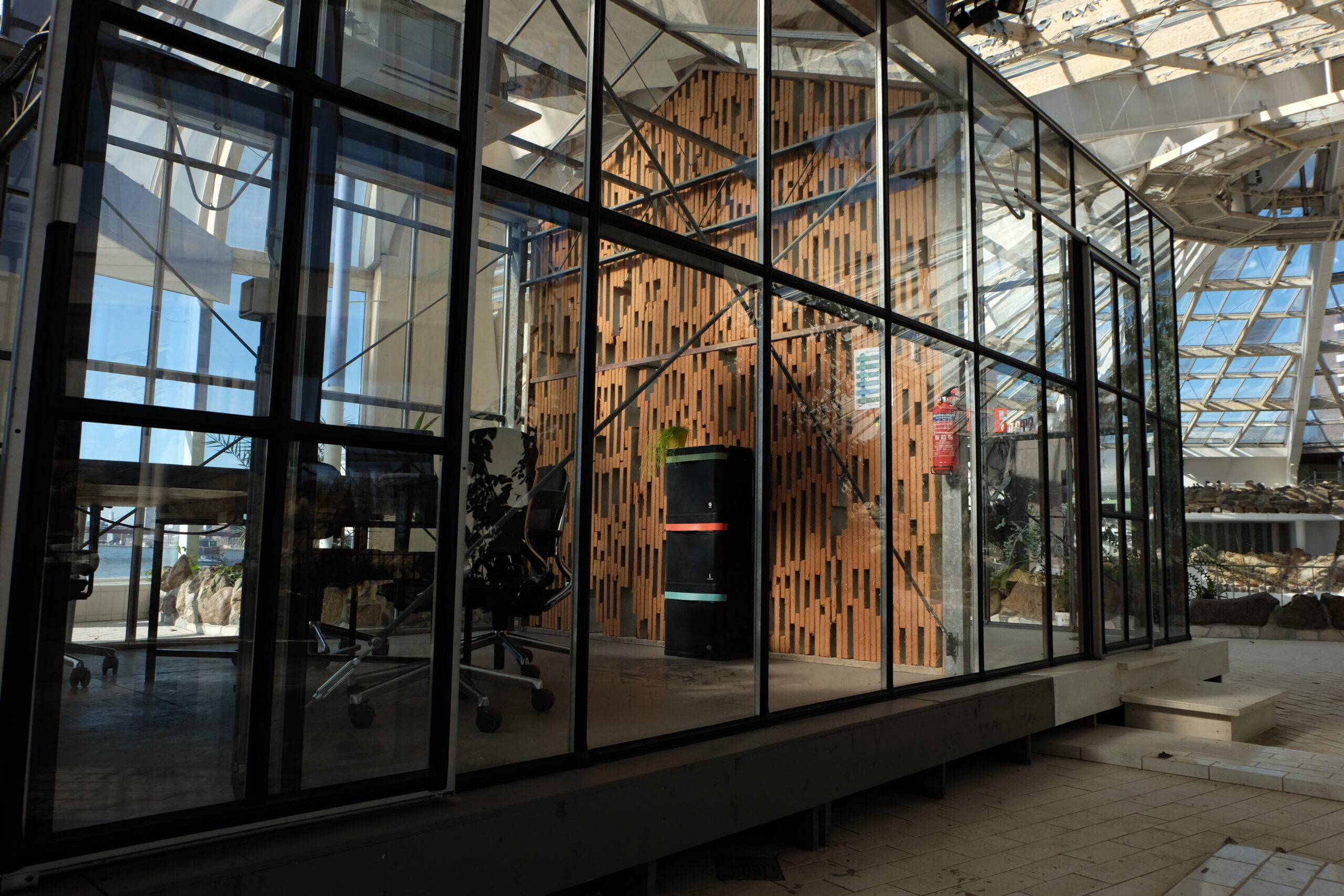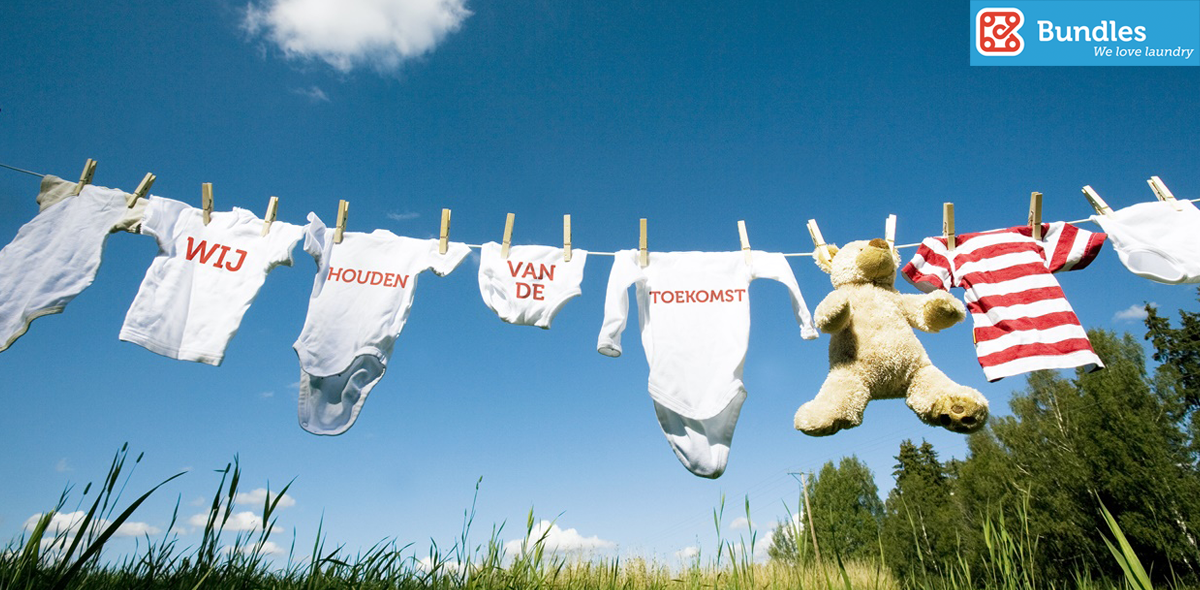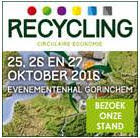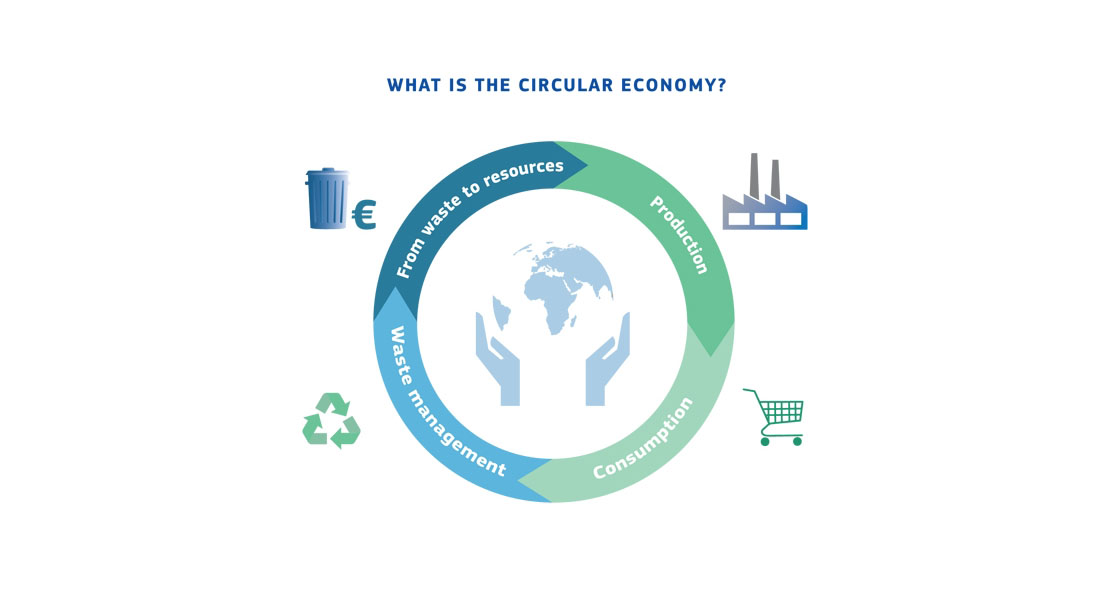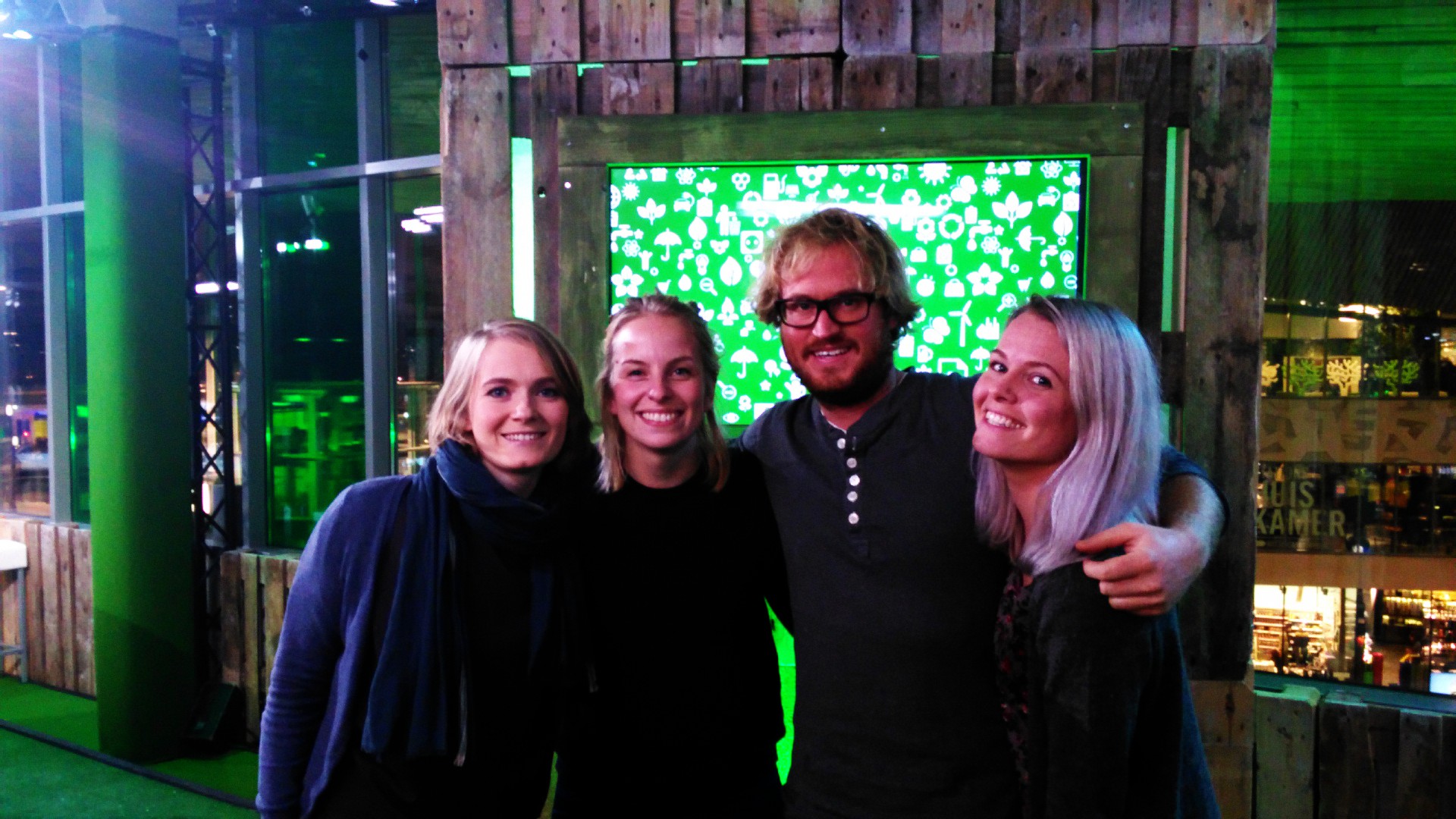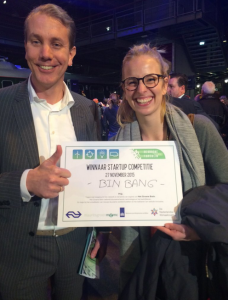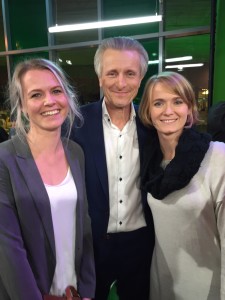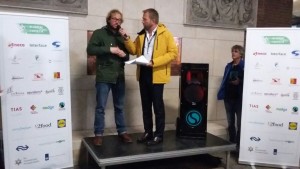
Staat het afvalmonopolie van gemeenten haaks op hun circulaire ambities?
Een 10-stappenplan voor gemeenten om de transitie naar de circulaire economie te leiden.
Laagwaardige verwerking en verbranding
De gemeente is een bron van afvalmaterialen, zoals papier, glas, plastics en GFT die massaal door consumenten worden geproduceerd. Zo heeft gemeente Utrecht alleen al 139 754 ton (CBS, 2016) afval. Daarbij betaalt een meerpersoonshuishouden landelijk tussen de €120 en €400 om de afvalstromen te laten ophalen en te verwerken, afhankelijk van waar iemand woont. Dat is grofweg voor een gemeente zoals Utrecht ( >330.000 inwoners) een totaalbedrag van 42,7 miljoen per jaar. Voor dit geld wordt het afval in basale stromen, gemiddeld 53% (Milieucentraal, 2017) gescheiden opgehaald en gerecycled. De recycling vindt niet altijd hoogwaardig plaats, en bovendien wordt nog steeds bijna de helft verbrand.
Afvalscheiding de juiste ambitie?
Zoveel verbranding terwijl 80-90% van deze grondstoffen ingezet kunnen worden als grondstof voor (lokale) producten. Tegelijkertijd willen makers en producenten wel overstappen en gerecycled materiaal als grondstof gebruiken. Maar als er niemand is die hier regie over voert, is dit lastig bij elkaar te brengen, zo reiken de ambities van het afvalbeleid van de gemeente vaak niet verder dan dat ze 75% afvalscheiding willen bereiken. Terwijl inzetten op het gebruik van secundaire grondstoffen zou niet alleen werkgelegenheid stimuleren in de gemeente, maar ook een grote bijdrage leveren aan de ambitieuze doelstellingen van de overheid om richting de circulaire economie te bewegen. De vraag is nu, is afvalscheiding sowieso wel de juiste ambitie? Het lijkt er op dat de afvalplannen niet aansluiten op echt circulaire ambities, terwijl juist deze mensen binnen de gemeente de grondstoffen in de gemeente besturen.
Afvalmonopolie
Gemeenten hebben een monopolie op de afvalstromen van het huishoudelijk afval, want niemand, alleen de gemeente, mag regie voeren over het ophalen en verhandelen van huishoudelijke afvalstromen. Hoe kunnen de afval ambities en de circulaire ambitie op één lijn komen, en welke rollen zijn voor wie weggelegd?
Wat moet er gebeuren om van afval naar een grondstoffen economie te gaan?
Voordat de beleidsplannen en ambities zijn weg naar de maatschappij vinden, zou iedereen, dus de gemeente, overheid, markt en de bewoner zich moeten afvragen wat ze nu precies willen en waarom. Om tot deze systeemverandering te komen zijn een tal van scenario’s voor een circulaire economie mogelijk. Maar laten we onszelf eerst een aantal vragen stellen en de antwoorden die het huidig systeem ons biedt niet meer als vanzelfsprekend nemen.
1. De definitie van afval herzien in het licht van de circulaire ambities. Wat is in het huidig systeem afval precies en wat zijn dan grondstoffen? Waar trekken we grenzen en waarom?
2. Ambitie opstellen en deze vooral naleven. Welke ambities moeten nageleefd worden en welke hebben prioriteit? Hoe sluit dit aan bij de economische, de circulaire en de maatschappelijke ambitie van een gemeente?
3. De rol van de gemeente herdefiniëren. Welke rol is voor de gemeente weggelegd en welke voor de markt?
4. Huishoudens betrekken. Huishoudens zijn de klanten van de gemeente, dus welke rol krijgen ze in de circulaire economie? Hoe kan je ze betrekken, feedback geven en eerlijker laten afrekenen?
5. Angsten voor samenwerking met de markt opzij zetten. Waarom houdt de gemeente zo vast aan haar rol als regievoerder van afval, en niet aan haar rol als grondstoffendepot? Welke samenwerkingen zijn nodig om de ambities te verwezenlijken en hoe kan een gemeente zich hiervoor openstellen?
6. Van pilot cultuur naar structurele en duurzame verandering bewegen. Er wordt heel wat gepilot binnen het gemeentelijke afvalland. Innovatie kan zeker wat opleveren, maar een pilot alleen is nog geen innovatie. Impact met innovatie bereik je alleen als de learnings gebruikt worden voor verbetering van de aanpak en daarna wordt ingezet voor duurzame verandering. Dus welke acties moeten opgezet en vooral opgevolgd worden om een daadwerkelijke verandering te bereiken?
7. Taken en rollen vanuit grondstoffen ambitie invullen en een passend model kiezen. Dit geldt voor de gemeente, de overheid, marktpartijen, provincies en bewoners. Is de gemeente een marktplaats, een grondstoffen dirigent of makelaar, een integrator of producent. Welke rollen maar vooral welke verantwoordelijkheden draagt wie en hoe worden deze omgezet in meetbare resultaten, die zowel voor de klant (zijnde huishoudens) als voor de partners zichtbaar worden?
8. Kennisniveau verhogen en innovaties bijbenen of zelfs introduceren. Welke kennis mist er? Welke innovaties zijn er nodig? Gaat de gemeente dit zelf doen of gaan ze hiervoor bij de markt aankloppen? Het kennisniveau op peil houden m.b.t. circulaire innovaties is enorm key. Dit gaat niet alleen om het lezen van de VANG rapportage, maar wat dan wel?
9. Grondstoffen binnen de gemeente integraal aanpakken. Consumenten produceren nogal wat stromen, maar bedrijfsafval doet hier nog een aardig schepje bovenop. Waarom is dit apart gereguleerd? Waarom accepteren we dat er 2-3x zoveel vrachtauto’s de steden in rijden?
10. Consumptie van eenmalige verpakkingen aanpakken. Aanpakken of niet mee bemoeien? We blijven grondstoffen produceren, maar vermindering van schadelijk verpakkingsafval is een van de grootste uitdagingen van onze tijd. Gaat de gemeente hier zijn maatschappelijke rol pakken en het goede voorbeeld geven? En daarmee komen we weer terug bij de eerste vraag. Wat is de ambitie? Verminderen van de consumptie zou ook een gemeentelijke ambitie kunnen zijn.
Deze vragen zijn slechts een begin.
Alleen door vragen te stellen over wat we nu echt willen, kunnen wij ons afvalsysteem omzetten naar een systeem van waarde, zowel voor de circulair benutten van grondstoffen als voor de maatschappij. Nu gaat er helaas te veel aan waarde van materialen verloren en ambities worden steeds weer niet gehaald.
Gemeente kan in de lead van deze transitie staan, want een verandering naar een circulair systeem ligt letterlijk en figuurlijk in hun handen.
Welke gemeente durft de transitie te maken?
Auteur: Anja Cheriakova
Anja Cheriakova is sinds 2013 dagelijks bezig met invulling te geven aan de circulaire economie na de oprichting van BinBang en UrbanSeeds. Met Binbang is ze door Sprout geselecteerd als de Challenger50, de lijst met meest uitdagende ondernemers van Nederland.



